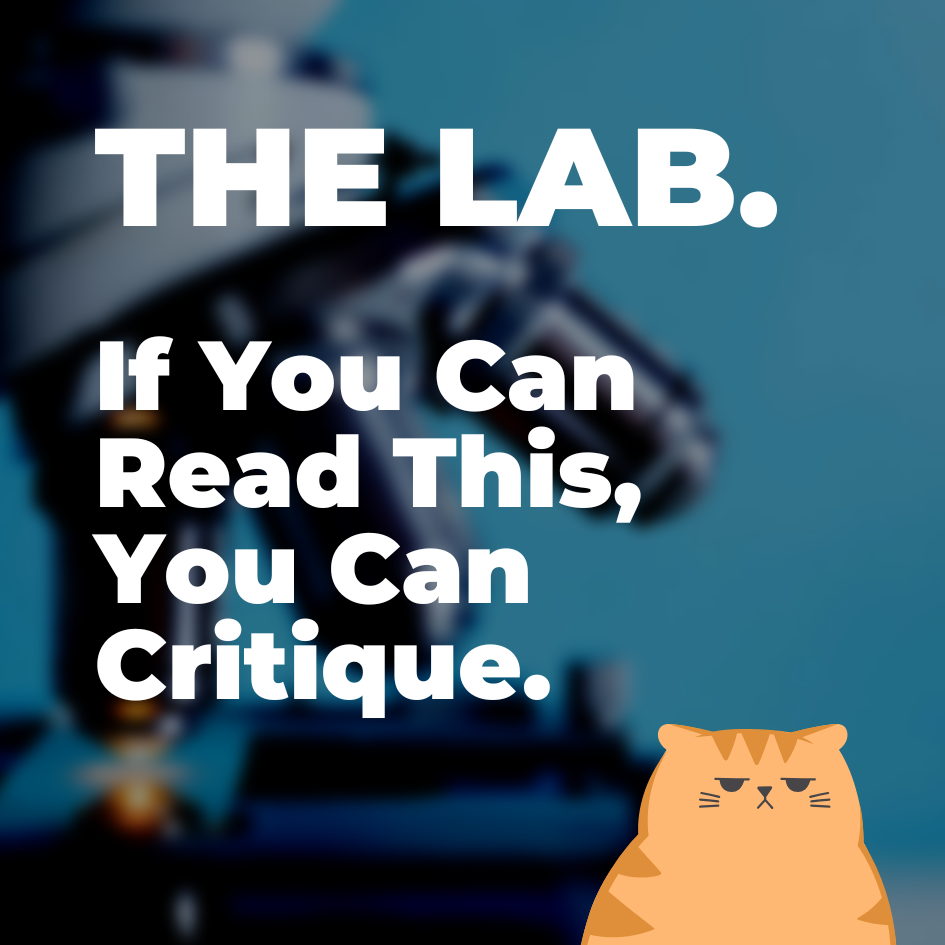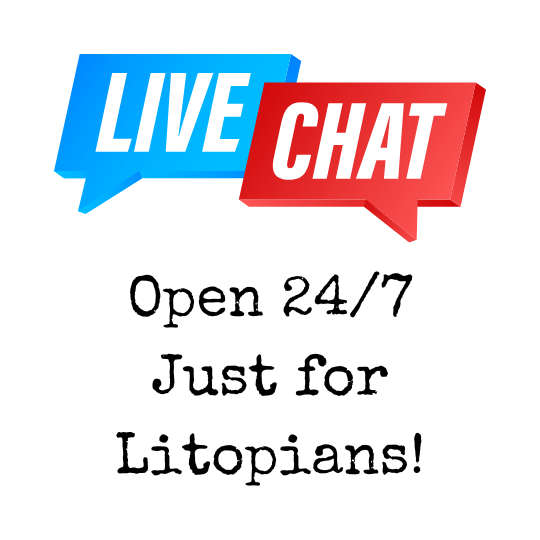I seem to have read a few novels this year where the writers eschew speech marks for their dialogue. It's not a new fad - James Joyce did it a long time ago, and apparently Cormac McCarthy thinks if you write properly you shouldn't need to punctuate (I purposely omit the punctuation as I quote him).
Trespasses by Louise Kennedy and Girl, Woman, Other by Bernadine Evaristo both worked well for me in that I barely noticed the speech marks were missing. I loved these novels.
I'm currently reading Talking at Night by Claire Daverley, another book with no speech marks. Occasionally, I find myself stumbling to distinguish what is being said out loud or just observed. Which is a shame, because otherwise I am enjoying the book.
My own fiction is dialogue-heavy, and I've never considered ditching the speech marks. Maybe I could have a go with something else as an experiment, but I'm not sure I could pull it off (or if I would want to).
What is the opinion of Litopians on speech marks?
Have you written anything without them?
Do you have any favourite novels that don't use them?
Trespasses by Louise Kennedy and Girl, Woman, Other by Bernadine Evaristo both worked well for me in that I barely noticed the speech marks were missing. I loved these novels.
I'm currently reading Talking at Night by Claire Daverley, another book with no speech marks. Occasionally, I find myself stumbling to distinguish what is being said out loud or just observed. Which is a shame, because otherwise I am enjoying the book.
My own fiction is dialogue-heavy, and I've never considered ditching the speech marks. Maybe I could have a go with something else as an experiment, but I'm not sure I could pull it off (or if I would want to).
What is the opinion of Litopians on speech marks?
Have you written anything without them?
Do you have any favourite novels that don't use them?




